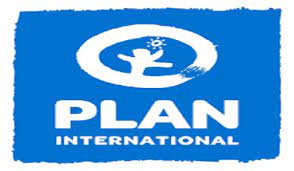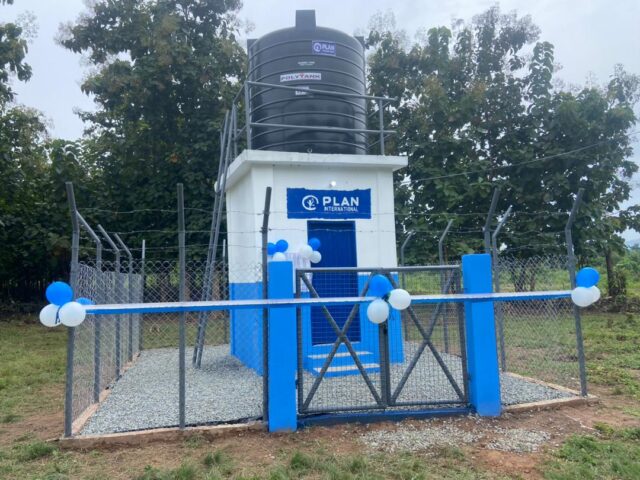Local Gov’t Minister praises Plan International Ghana for establishing the REAL Fathers’ Clubs Initiative to address sanitation gaps.
Local Gov't Minister praises Plan International Ghana for establishing the REAL Fathers' Clubs Initiative to address sanitation gaps.

Minister for Local Government, Chieftaincy and Religious Affairs, Mr. Ahmed Ibrahim, has showered tons of praise on Plan International Ghana for its timely intervention dubbed “REAL Fathers’ Clubs Initiative,” which seeks to make Fathers WASH advocates and role models within their households and communities
The REAL Fathers’ Clubs Initiative under the Integrated Package for Sustainable Development (I-PADEV) programme, is an initiative where men are brought together and taken through basic Water, Sanitation, and Hygiene (WASH) education for them to become leading household support, hygiene practices, and childcare.
Addressing participants at the opening ceremony of the 36th edition of Ghana’s flagship WASH dialogue platform, the Mole Conference Series on Monday, 3, November, 2025, at the Marlin Beach Resort in Gomoa-Fetteh, Central Region, the Local Government Minister, touted the initiative as groundbreaking approach to WASH programming, recognising that sustainable change requires active male participation in traditionally female-dominated health and hygiene practices.

“By engaging fathers as champions, we are breaking down gender barriers and creating more resilient, healthier communities across low-resource settings,” Mr. Ahmed Ibrahim reiterated.
Measurable Impact: time-tested evidence from activities undertaken by members of the Real Fathers’ Club initiative shows that there has been a 78% increase in handwashing amongst men in the project implemented areas.
Today, Fathers’ Club participants now practice handwashing at critical times, compared to a 34% baseline
Again, 3.2X more men are getting involved in childcare and household hygiene tasks versus non-participant fathers
The initiative has also recorded 62% improved sanitation: Households with functional handwashing facilities near latrines, up from 18% baseline, and 45% reduced illness: (Decrease in diarrhoeal disease incidents amongst children in participating households).





